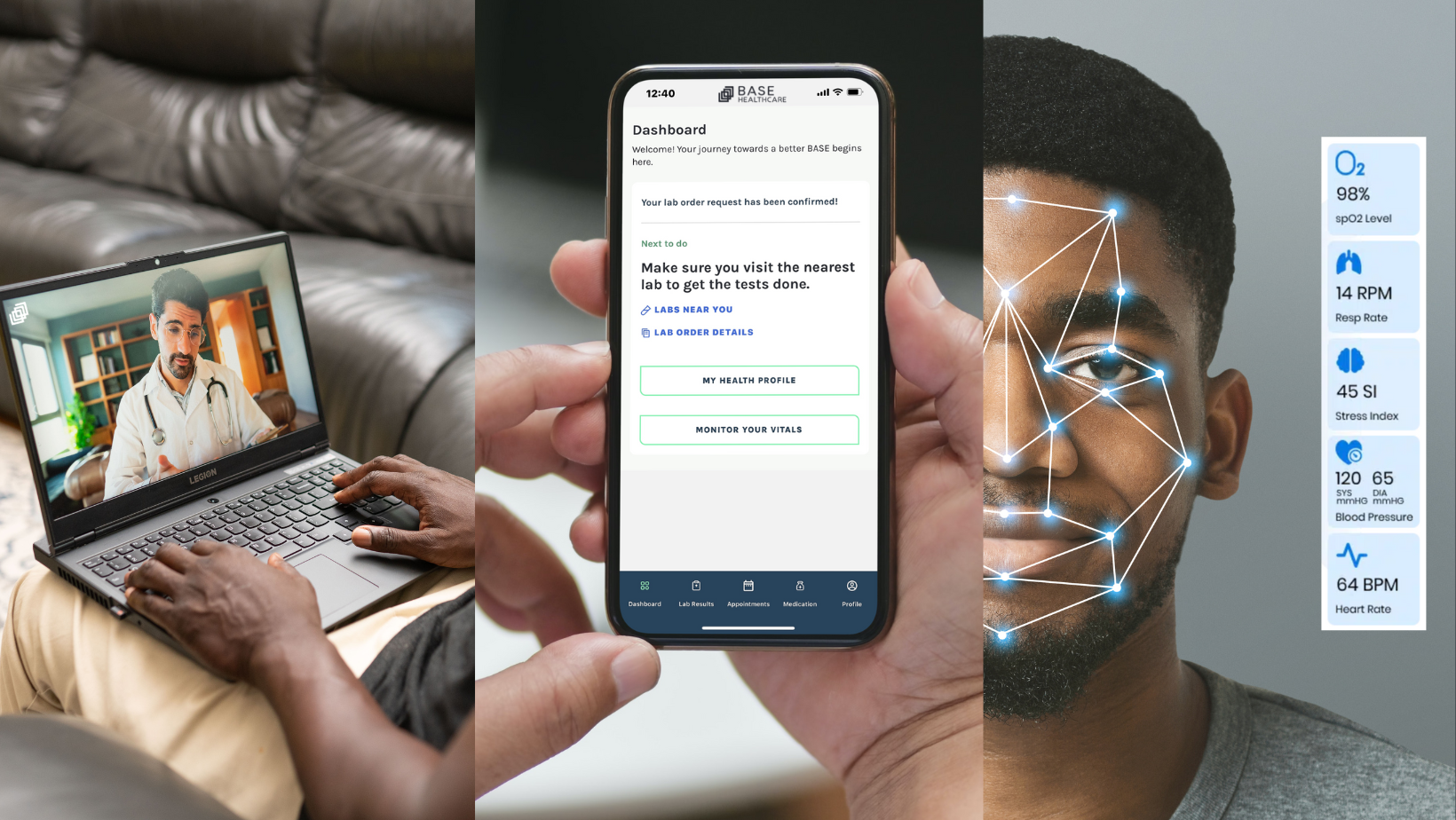Base Healthcare [Live Link]

Published on 12, Jan 2023
How Addressing Testosterone Deficiency in America Will Help Our Healthcare System
Few would deny that America’s healthcare system is in need of a serious overhaul. However, as welcome as it may be that organizations are working to bring costs down, the problem should be addressed from another end: the foundational health of individuals. After all, sick people seek out medical help, and healthy people do not. So, by improving the basic health of those living in the United States, the conveyor belt of patients admitted to medical facilities could be slowed, in turn easing the stress on healthcare.
Take, for example, testosterone deficiency, also known as hypogonadism. A man without adequate testosterone levels is impacted on multiple levels, including a decreased ability to live each day to the fullest and an increased risk of developing debilitating downstream diseases. It is inevitable that at some point, he will seek medical care.
Consider that a hypogonadal man often experiences a multitude of symptoms that affect his health over the long term, including low libido, lower muscle mass, decreased bone density, fatigue, low energy, weight gain, depression, and anxiety. Left untreated, low testosterone can contribute to more serious diseases, including type 2 diabetes, cardiovascular disease, fatty liver disease, and others.
To help both patients and our healthcare system, it is worth exploring how to bring down the cost of treating these diseases. It could be more productive, however, to also focus resources on educating the public about the prevalence of hypogonadism, the treatment options available, and the importance of good foundational health. Doing so could reduce the number of people who eventually need extended medical care.
Education can begin with the fact that approximately 39% of men 45 years and older in the United States have low testosterone, which equates to approximately 20 million men. It should also encompass the reality that for roughly forty years, rising obesity rates and stress levels have led to more cases of hypogonadism. This means that the problem of inadequate testosterone is built into our society, which must be addressed in order to help more hypogonadal men.
From here, we need to give them the ability to monitor their own health when they are not at the doctor’s office. The technology innovated by Base Healthcare is a good example of how this might be done. The company has created a platform that uses smartphone-based, body/face scanning technology to upload data about a member’s body composition, body circumference, blood pressure, respiration rate, and other health vitals. Members are then able to improve their understanding of how their sleep, stress levels, nutrition, and exercise habits are impacting their health. It does not, of course, replace the need for visits with a doctor. It is possible, though, that with more health insights into their body, a member could ultimately see a physician less often.
Innovations in treatments for hypogonadism could also encourage more men to seek help and increase successful outcomes of therapy. Various treatments have existed for years, of course, but their inconvenience has been an issue. The visibility of patches, discomfort of pellets and injections, scarring of pellets, and messiness of gels have been barriers to overcome. The new FDA-approved Oral Testosterone Therapy from Base Healthcare may offer men a more flexible option, one that is easier to adhere to and that helps to bring testosterone levels back to adequate levels.
The problem of hypogonadism and resulting downstream diseases is rooted in many factors that will take time to change. By focusing on education, giving men the ability to monitor their own health each day, and making treatment options for low testosterone more convenient, we may be able to decrease cases of hypogonadal men and and reduce the burden on the United States' healthcare system.

